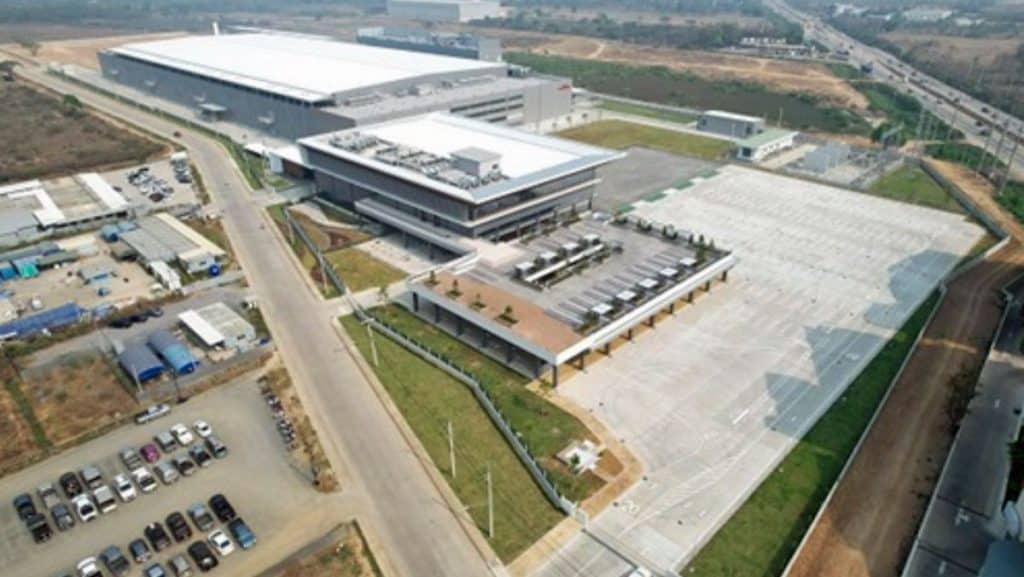Murata Manufacturing Co, has completed the construction of its new factory in Thailand. The factory is scheduled to commence operations in November 2023 and will produce multi-layer ceramic capacitors (MLCC) in this facility.
“We can count on long-term growth in capacitors,” Murata President Norio Nakajima said at Monday’s opening ceremony for the factory, which he said will create 2,000 jobs.
Murata still makes its most advanced MLCCs only in Japan, but it is increasing production of other ones in China, the Philippines and elsewhere. The Thai investment is part of this effort to ensure a stable supply for its global customers.
Hit by a slowing Chinese economy and consumers waiting longer to buy new phones, Murata expects profit to fall for a second straight year to 164 billion yen. But the Thai investment shows that Murata remains bullish about the outlook for MLCCs.
“The smartphone market will not recover quickly, but our capital spending will continue,” Nakajima said Monday.
Murata said in 2015 that it planned to increase MLCC production capacity by 10% a year. Besides Thailand, it has completed a new MLCC facility in Izumo western Japan’s Shimane prefecture and is investing in more capacity in the Philippines, Vietnam and China.
The company also is counting on a boost from the worldwide shift to electrified vehicles. Murata holds a roughly 50% global market share in MLCCs with high voltage tolerance for automotive applications. High-end EVs may use 10,000 MLCCs per vehicle.
“The share of sales from automotive applications looks likely to grow faster than we had expected” from the current level of around 20%, Nakajima said.
In addition to cars, Murata expects demand for electronic components to grow with the spread of virtual reality devices and data centers for artificial intelligence.
Murata’s Thai factory is part of a trend of investment in Southeast Asia by Japanese semiconductor and electronic component companies seeking stable production bases that offer shelter from U.S.-China tensions. Japan’s direct investment in ASEAN countries last year in the electronics sector was 201.1 billion yen, up 90% from 2021 and more than in the pre-pandemic year of 2019, the Japan External Trade Organization reports.
